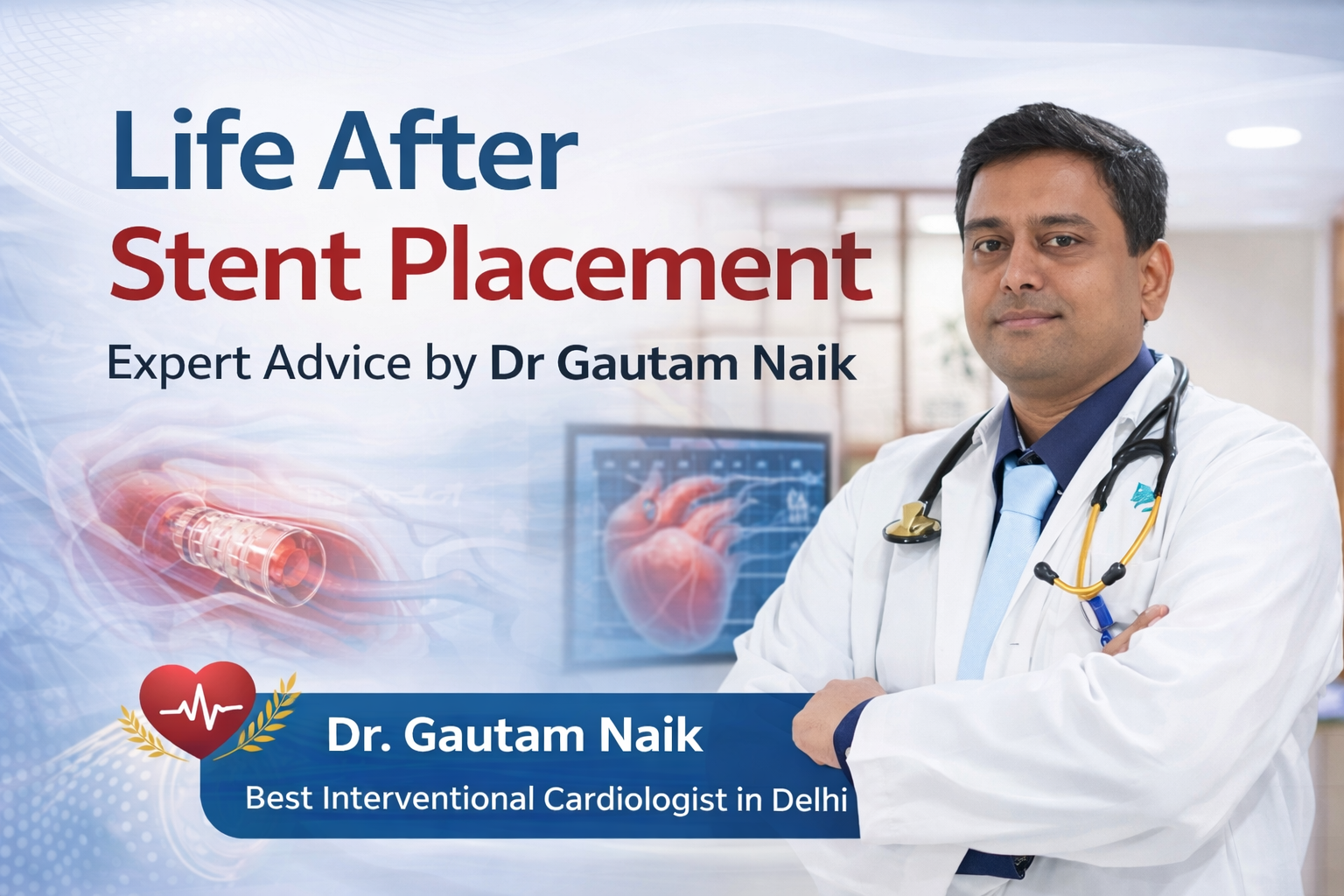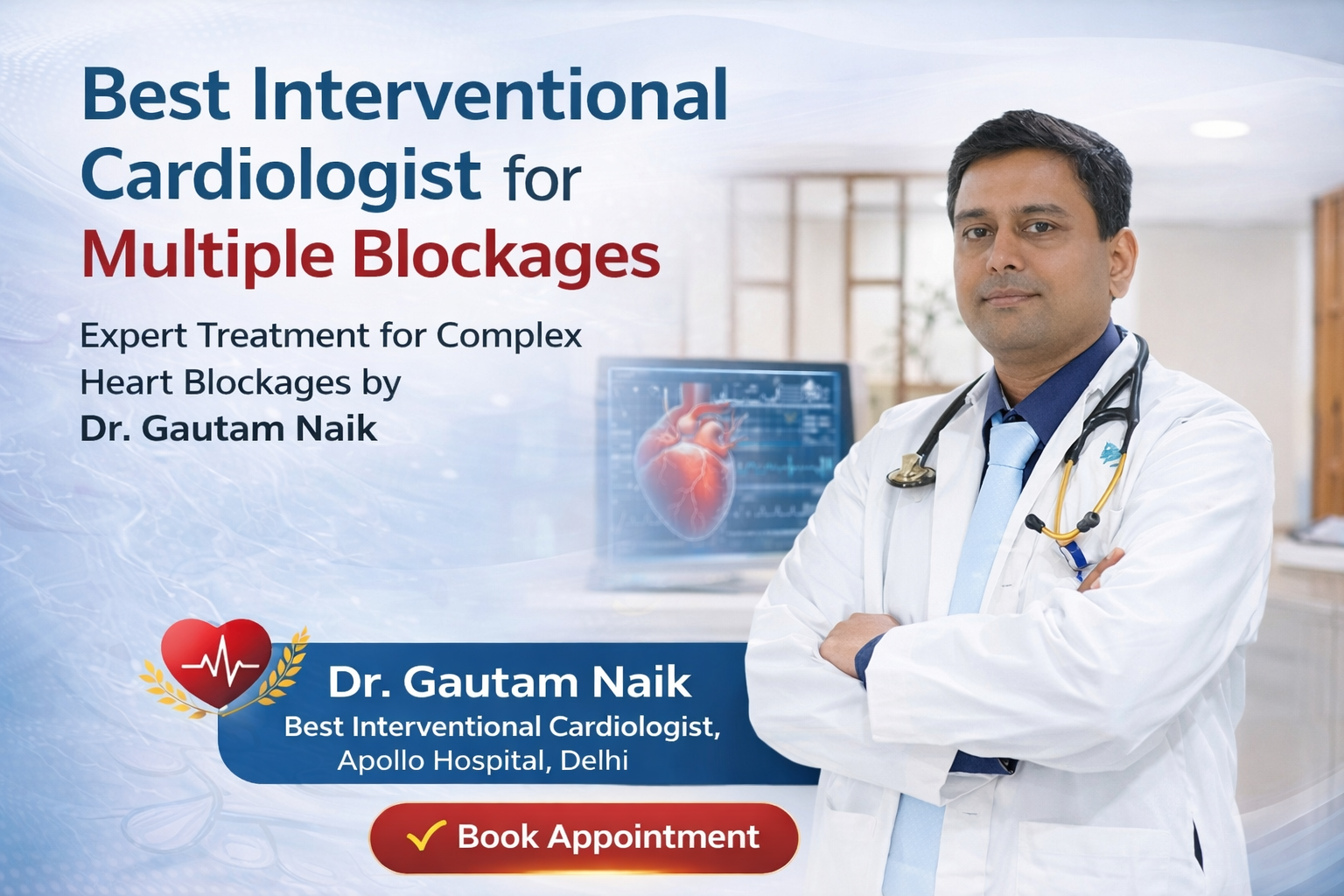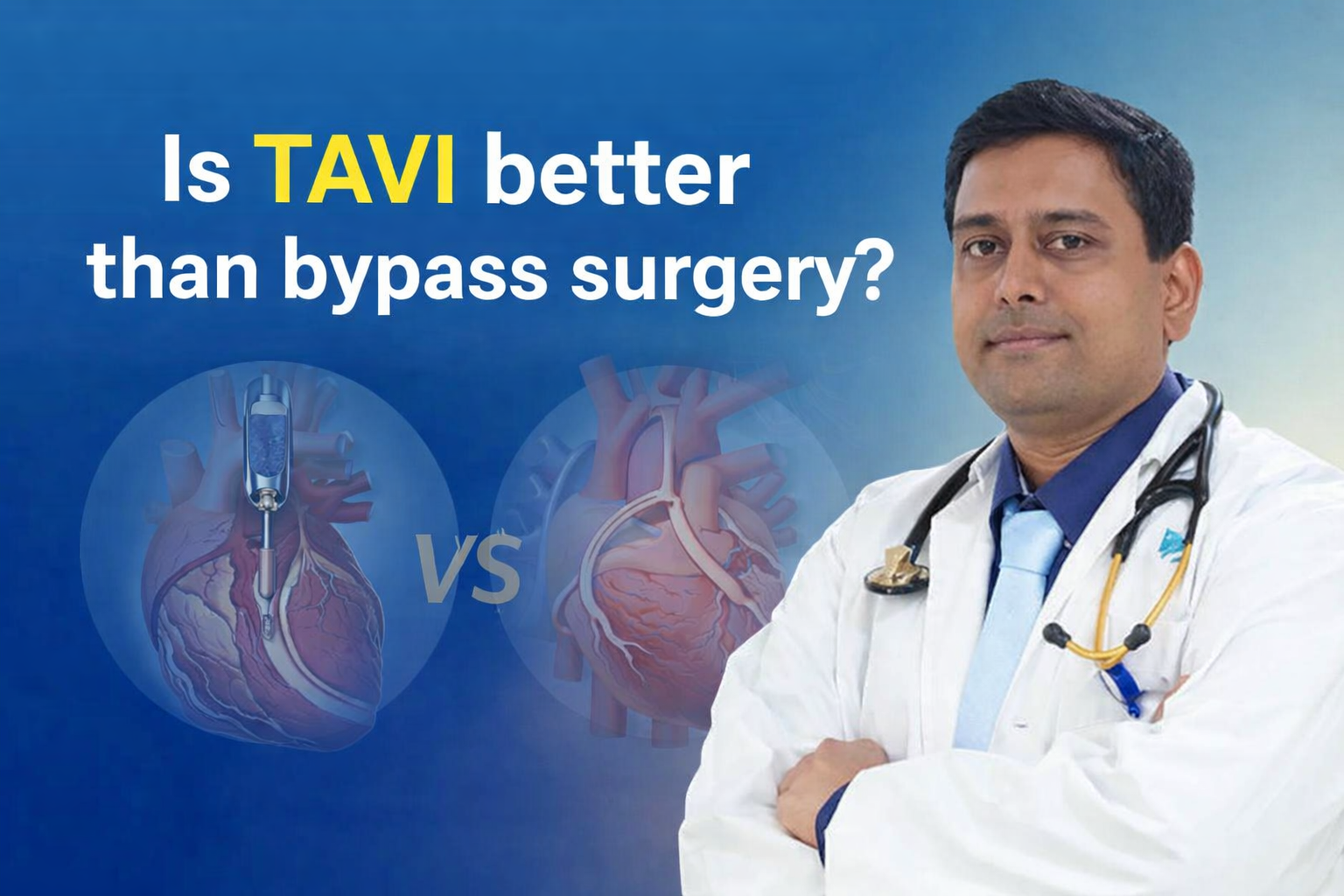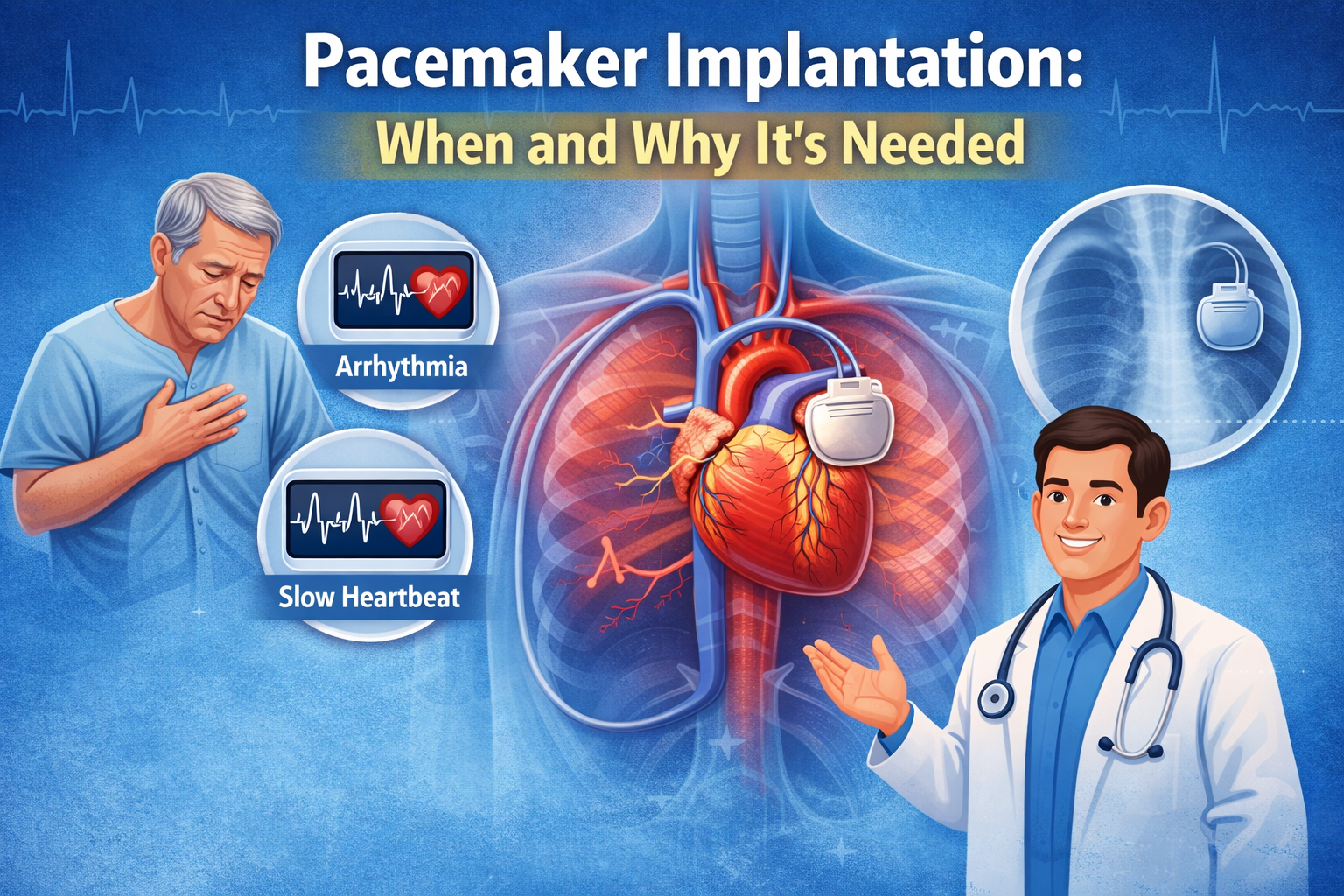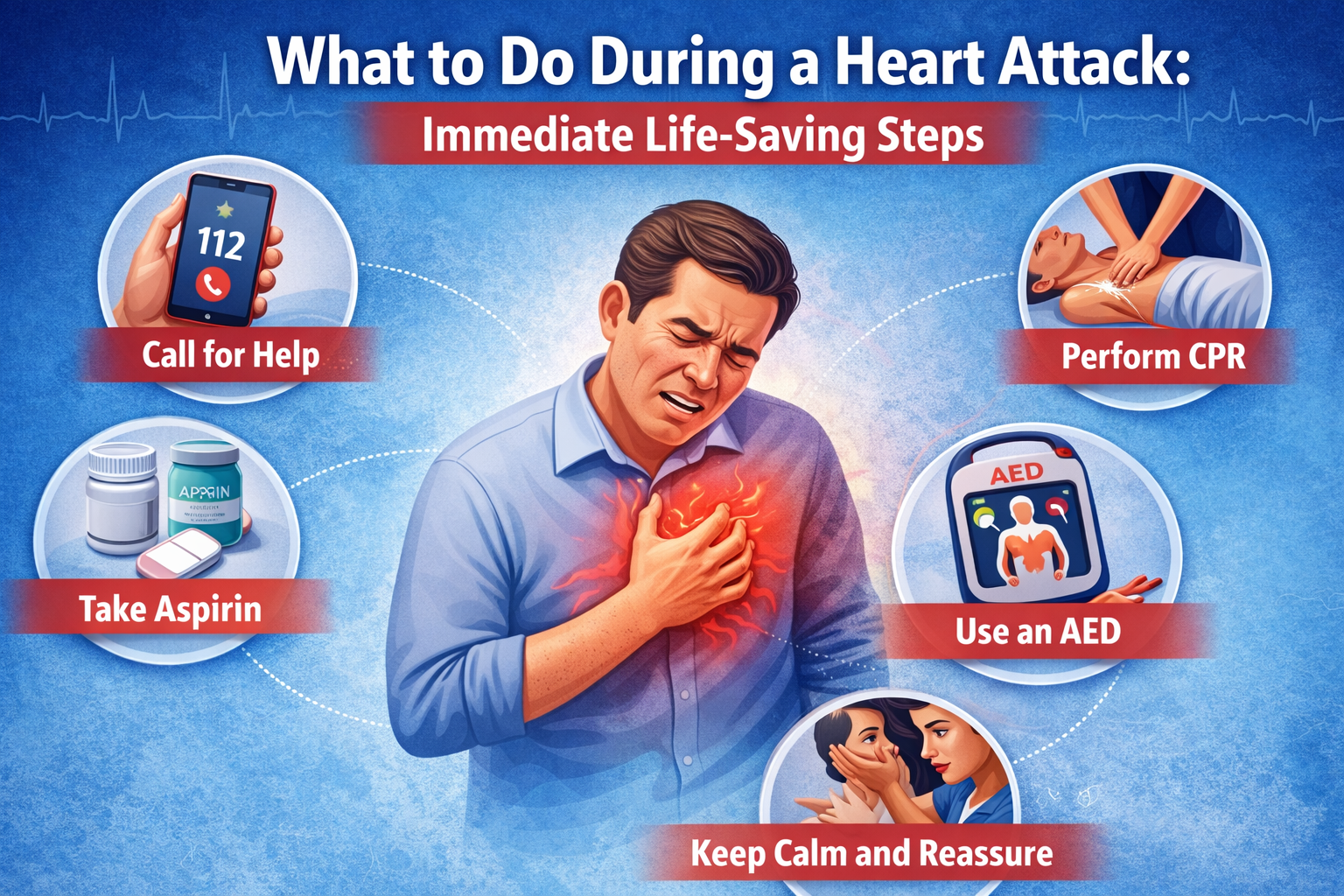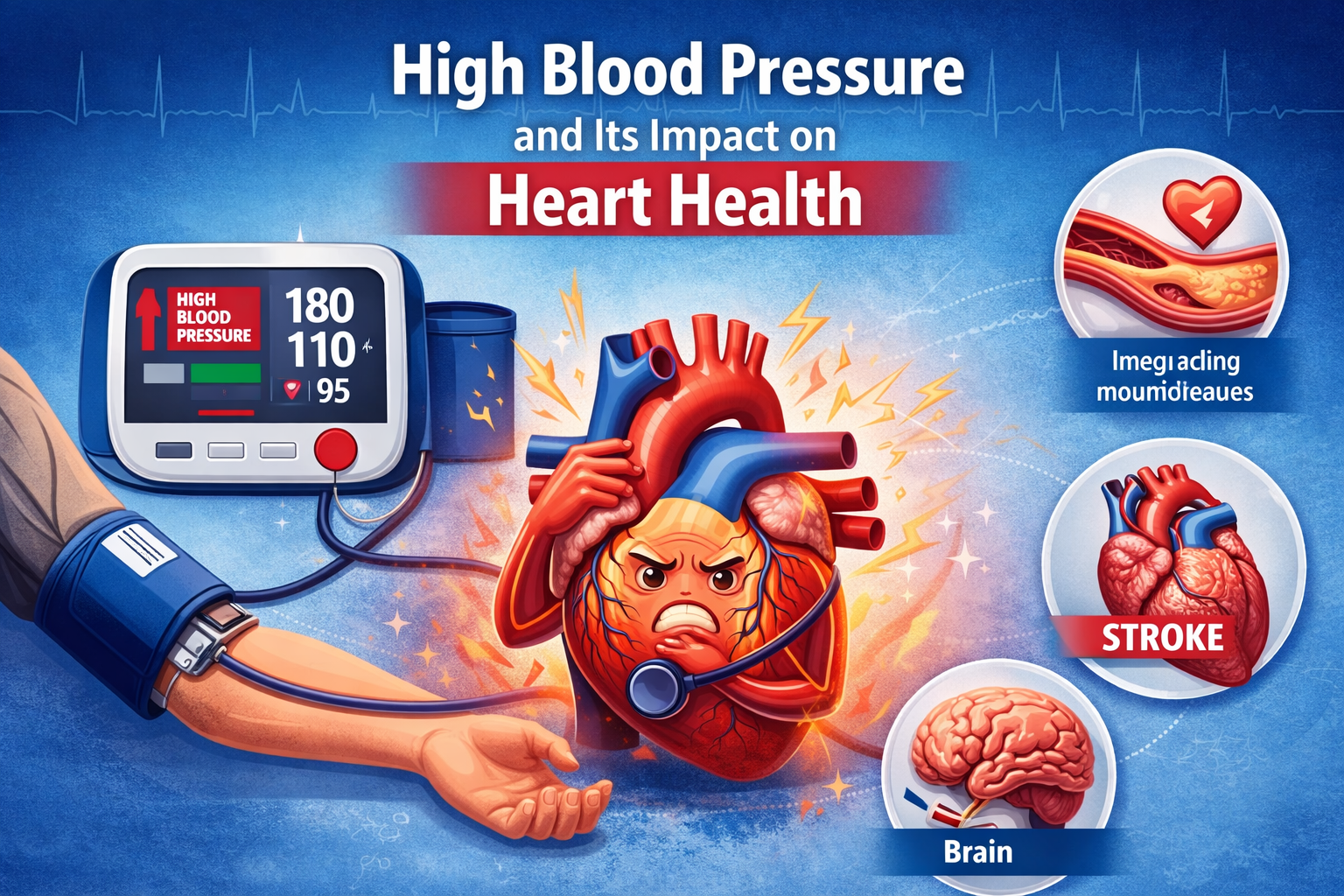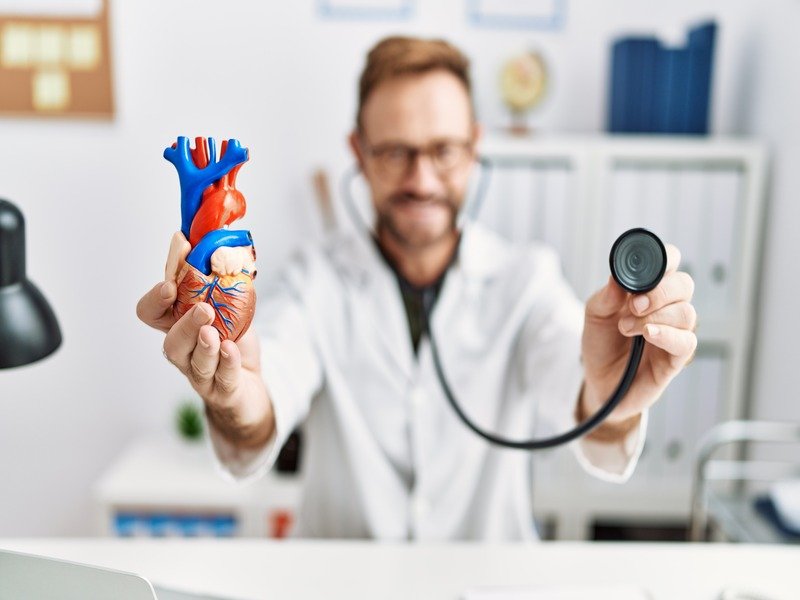
When it comes to heart health, seeking the expertise of a cardiologist can be a crucial decision. Cardiologists specialize in diagnosing and treating conditions related to the heart and blood vessels. They provide medical advice, run tests, and offer treatments that can save lives. If you’re in Delhi or NCR, one name that stands out is Dr. Gautam Naik, renowned for his expertise and experience in cardiology.
A cardiologist is a medical doctor who specializes in preventing, diagnosing, and treating heart and blood vessel diseases. These professionals undergo extensive training to understand the complex structure and function of the cardiovascular system. They manage conditions such as:
Cardiologists use a variety of diagnostic tools and procedures to assess the health of the heart and blood vessels. Some of the common procedures and tests they perform include:
In addition to diagnosing and treating heart diseases, cardiologists also emphasize preventive care. They offer advice on managing risk factors such as high cholesterol, high blood pressure, and diabetes, which can reduce the chances of developing serious heart problems.
Knowing when to see a cardiologist can be life-saving. While regular check-ups with your general physician are important, there are specific signs and risk factors that may require specialized care. Here are some common reasons to consult a cardiologist:
Any unexplained chest pain, pressure, or discomfort could be a sign of a serious heart problem, including a heart attack. Immediate medical attention is essential in such cases.
Experiencing shortness of breath during routine activities or while resting could indicate heart or lung problems that require further evaluation.
If you notice that your heart skips a beat, beats too fast, or flutters, it’s crucial to see a cardiologist. Arrhythmias can be mild but also severe, depending on the underlying cause.
Chronic high blood pressure, especially when not managed properly, can lead to heart disease. A cardiologist can guide you in keeping your blood pressure within safe limits.
If you have a family history of heart disease, it’s wise to visit a cardiologist for regular screenings and advice on lifestyle changes that can help mitigate risk.
High levels of cholesterol in the blood can increase the risk of heart disease. A cardiologist can evaluate your cholesterol levels and prescribe medications or lifestyle adjustments to control them.
If you’ve had a heart attack or heart surgery in the past, follow-up care with a cardiologist is essential to monitor your recovery and prevent further complications.
When it comes to receiving top-notch care for heart health, Dr. Gautam Naik is widely regarded as the best cardiologist in Delhi/NCR. With years of experience in treating complex heart conditions, Dr. Naik has built a reputation for his patient-centered approach and successful outcomes. His expertise spans a broad range of cardiac treatments, from managing coronary artery diseases to performing advanced diagnostic procedures.
Patients trust Dr. Naik for his compassionate care and in-depth knowledge of the latest advancements in cardiology. His dedication to ensuring the best possible outcomes for his patients has earned him accolades not only in India but also internationally. For those in need of specialized heart care in Delhi or NCR, Dr. Naik’s clinic is the go-to destination for comprehensive treatment and reliable advice.
Heart health is vital for overall well-being, and seeing a cardiologist at the right time can make a significant difference in your quality of life. Whether you’re dealing with symptoms like chest pain or managing a chronic condition such as high blood pressure, a cardiologist will provide the expertise needed to keep your heart healthy. For those in the Delhi/NCR region, Dr. Gautam Naik stands out as a leading cardiologist, offering expert care tailored to each patient’s unique needs. Don’t wait until it’s too late—take control of your heart health today.
